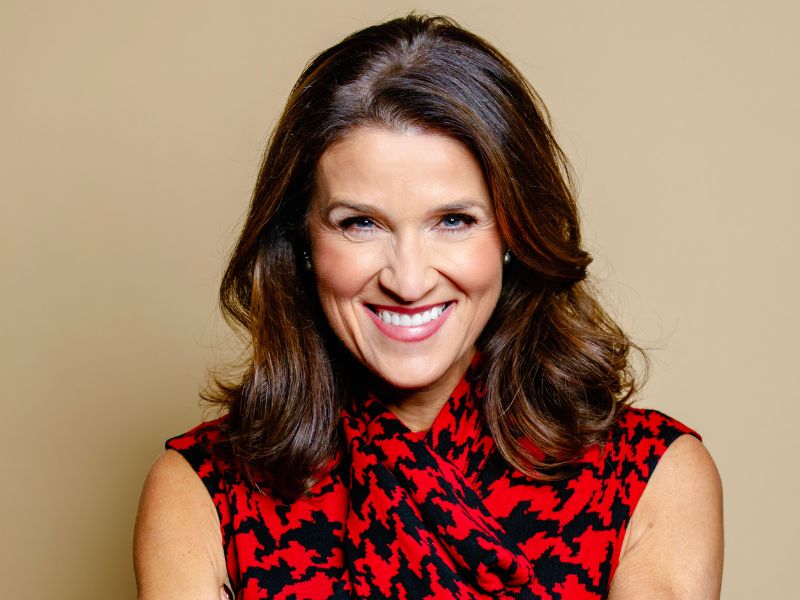The British education system is revered all over the world, with the standard of teaching and breadth of curriculum earning global admiration.
Four of the country’s universities currently reside in the top ten in the world rankings and it is female students in particular who are making the most of this respected higher education structure – they are more than a third more likely to go to university than boys.
In line with International Women’s Day, home education provider, Oxford Home Schooling is celebrating women in education by compiling a list of the top four female figures from recent history who have influenced the British system.
Millicent Garrett Fawcett
While Millicent Fawcett will deservedly go down in history as an instrumental figure in the fight for women’s suffrage, she also campaigned for women’s educational rights. Fawcett worked tirelessly to promote higher education for women and was one of the founders of Newnham College, the women’s college at the heart of the University of Cambridge.
Dame Bridget Horatia Plowden
Lady Plowden chaired the Central Advisory Council for Education which reviewed the primary school system in England. The 1967 ‘Children and their Primary Schools’ report, unofficially known as the Plowden Report, emphasised that children should be at the heart of any educational process. Recommendations included the reduction of primary school class sizes and the recruitment of more male teachers.
Baroness Mary Warnock
In 1978, Baroness Warnock was tasked with reviewing how special needs children were treated in the education system. The resulting ‘Warnock Report’ strongly argued for the inclusion of special needs students in mainstream schools and helped parents gain both educational support and new rights for their children. The report was so influential that it largely shaped the 1981 Education Act.
Grace Campbell and Jane Cosans
The government’s ban on corporal punishment in 1986 was largely influenced by the actions of two Scottish mothers. Grace Campbell and Jane Cosans voiced their opinions to the European Court of Human Rights, arguing that the whipping and caning of their children at school was both degrading and inhumane. Their view was upheld and prompted legislative changes to British education, outlawing the archaic punishments.
To read more about women in education, and in particular Millicent Garrett Fawcett, please visit:https://www.oxfordhomeschooling.co.uk/blog/millicent-garrett-fawcett-campaign-womens-suffrage/









